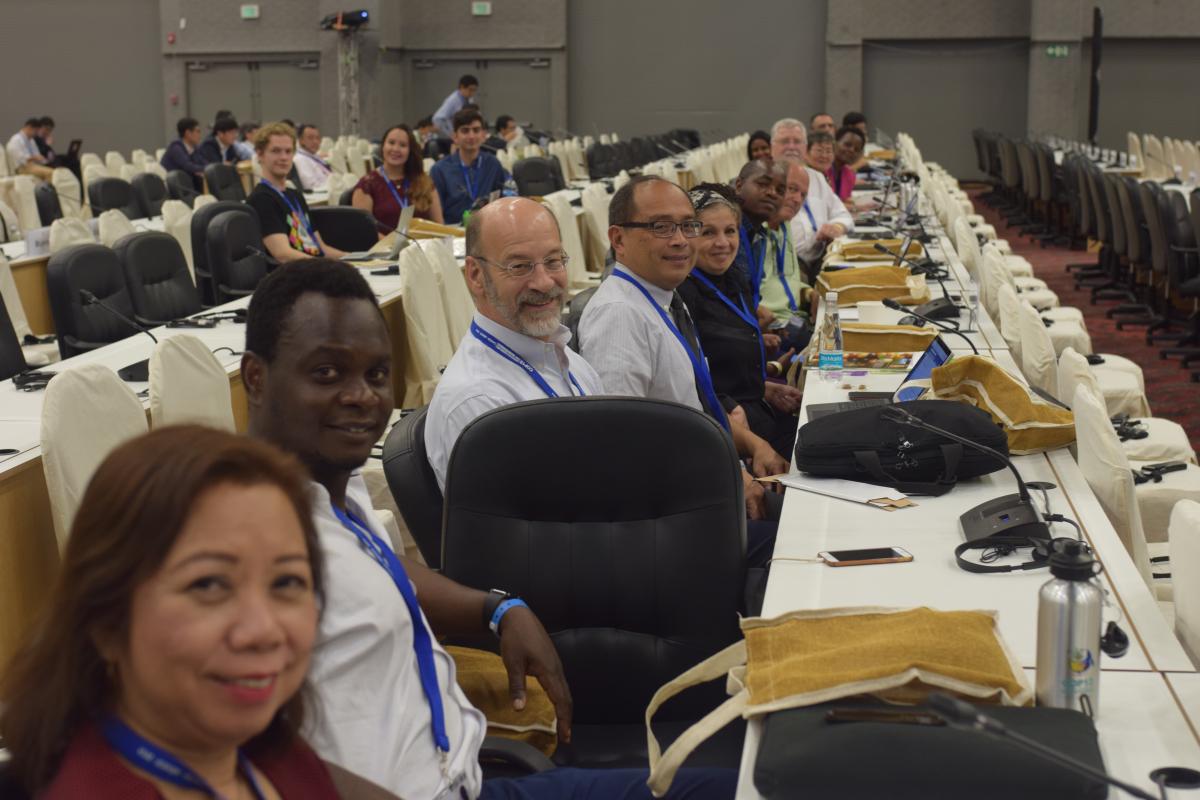
Photo by: Thomas Stirrop
Day 2 of the UN Conference on Biodiversity began much like the first day: many statements by party members all full of praise capped off by an eloquent speech on the need for global protection of biodiversity delivered by Mexico s President Enrique Pe a Nieto.
As optimistic as the statements were, many had strong undertones of requesting further assistance from the United Nations. Many of the delegations that spoke, particularly those from developing countries, urged the CBD Secretariat to invest more in financial and human capital so that countries have the capabilities to perform their duties and contribute fully to the Cartegena and Nagoya Protocols.
I didn t understand initially why there was still such a need for assistance, but in the subsequent discussions that I had with party delegations it quickly became clear what some of the challenges are.
In many cases, countries don t have adequate funds and expertise to perform the risk assessments necessary in order fully implement the tenets of the Cartagena protocol. This lack of technical expertise leads to shortfalls in the completion of obligations of the protocol and causes many countries to hesitate to use important tools that can lead to better implementation of biodiversity protection.
This realization further strengthened my conviction on the need for pro-science, fact-based non-government organizations, such as the Alliance for Science, ISAAA and the Public Research and Regulation Initiative (PRRI), to participate in such meetings. Our global networks of experts in science, biosafety risk assessment, environmental protection and law have been carefully organized to provide fact-based expertise to the public. Our presence at this important meeting has given us the opportunity to offer various parties, other NGOs and concerned global citizens additional support that is based on experience and strong support for scientific innovation.
Our approach seems to be in clear contrast to certain groups also present who are more focused on spreading fear and doubt to the public. A Malaysia-based NGO called the Third World Network has organized strong efforts at COP-MOP calling for a moratorium on gene drives and new-breeding techniques. In their statements, they make certain assumptions on what may happen, but offer no reference to any scientific evidence as proof. We must be careful of such reinforcement of fear as this can detract from the innovation so desperately needed to save lives and the environment.
We stand ready to offer knowledge to all those who need it.
